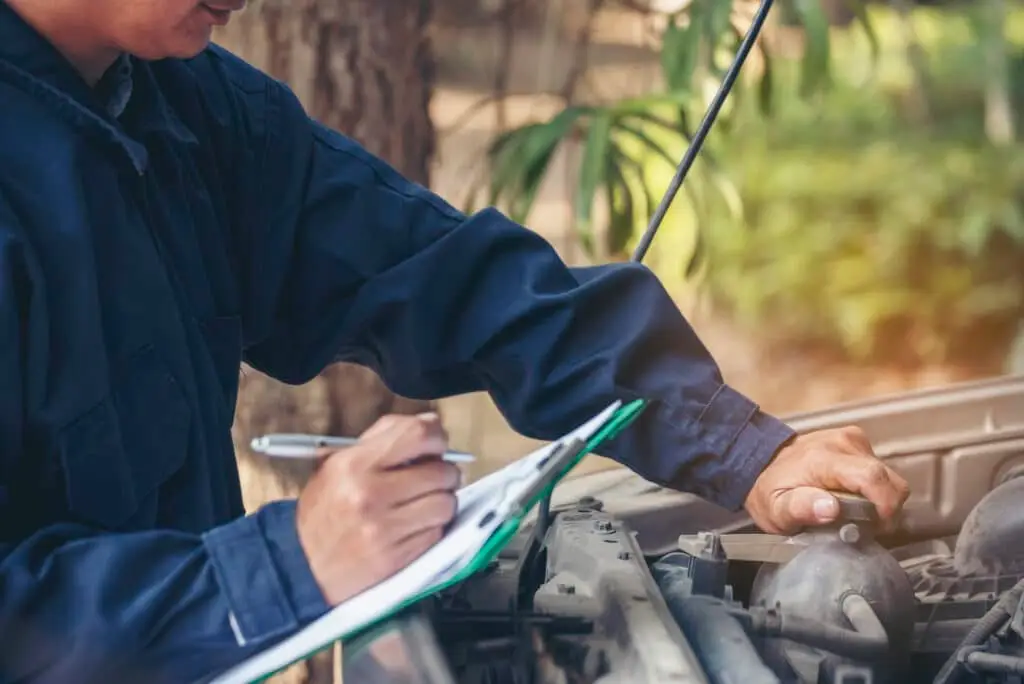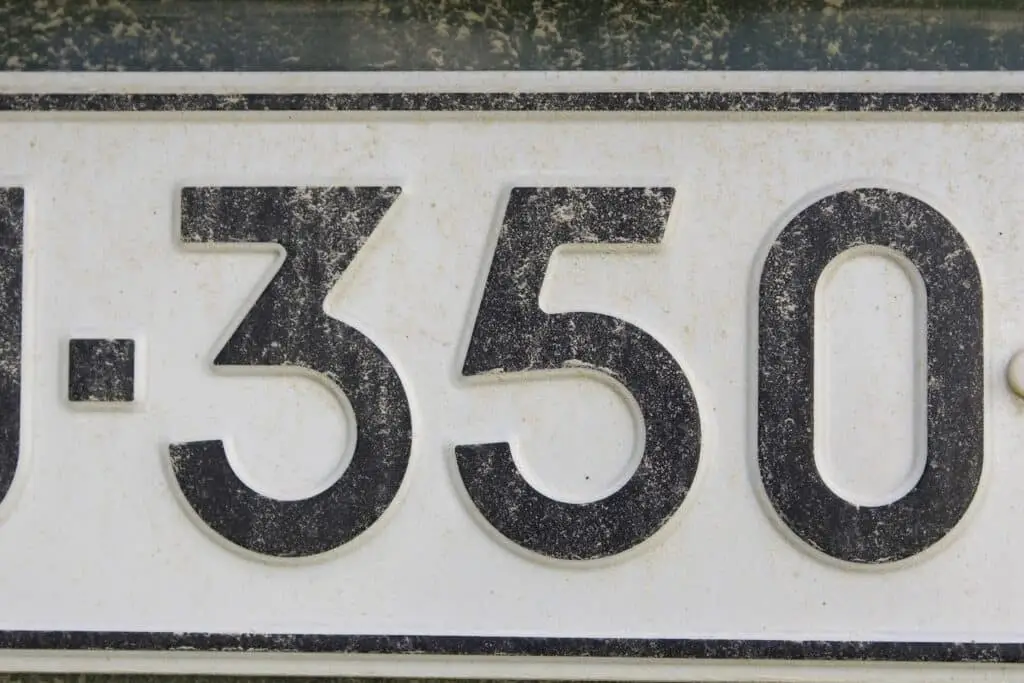Hey there, if you’ve recently bought a vehicle in another EU country or owned one before moving to Spain, you’ll need to re-register it in Spain before hitting the road. But how to register your Car in Spain?
When do you need to register your car in Spain?
In Spain, once you’ve registered your residence with the local municipality (known as “empadronamiento”), you’re considered a resident. This is usually the starting point for re-registering your vehicle in Spain, unless you can prove that your main residence is still abroad.
If you’ve been living in Spain for more than 6 months, it’s important to get your vehicle re-registered with a Spanish license plate.
So, if you find yourself in this situation, don’t worry! Just make sure to follow the necessary steps to get your vehicle road-ready in Spain.
You can find all of them on the official page of DGT.
Steps how to register your car:
01.
Vehicle Ownership
If you’re bringing your vehicle to Spain, there are some important documents you need to keep handy. If you’ve purchased the vehicle for this purpose, make sure you have a document proving ownership. This could be a copy of the sales contract signed by both parties or a bill of sale, along with the original vehicle documentation. Don’t forget to include the European Certificate of Conformity in your documentation.
On the other hand, if the vehicle was already yours and you’ve simply moved your residence to our country, make sure to have the original vehicle documentation with you.
It’s always good to be prepared, so make sure you have these documents in place to make your transition smoother. Safe travels!
02.
Get the Spanish ITV
As next you’ll need to get your vehicle inspected at an authorized ITV station. This inspection is necessary in order to obtain the Spanish technical sheet for your vehicle.
When you head to the ITV station for the inspection, make sure to bring along the following documents:
– Circulation permit from the country of origin
– Proof that the vehicle is approved for circulation in Spain, such as a Certificado de conformidad Europeo (CoC), Ficha reducida, or personalized homologation document for vehicles prior to 2002
– If you’re not the owner listed on the vehicle registration certificate, be sure to bring along the purchase and sale contract or vehicle invoice
After the inspection, the ITV station will provide you with the vehicle’s ITV file in Spanish format. So, make sure you have all the necessary documentation ready and head to the MOT station for a smooth inspection process. Safe travels!”
03a.
Taxes if you just bought a new car
For new vehicles purchased in the EU, you’ll need to provide proof of VAT payment, such as form 309 or 300 from the State Tax Agency. If you’re in the Basque Country or Navarra, you can also use documentation from the corresponding Provincial Treasury. Alternatively, you can show proof of being included in the census of VAT taxpayers.
It’s important to make sure you have all the necessary documentation in order to avoid any complications during the purchasing process. If you have any questions or need further assistance, don’t hesitate to reach out to the appropriate authorities or seek professional advice.
03b.
Taxes if you bought a used Vehicle
If you’re buying a used vehicle in the EU, the requirements vary depending on the specific situation. For sales between individuals, you’ll need a sales contract accompanied by a translation and proof of Property Transfer Tax.
If the vehicle was acquired from a buyer in a country other than Spain, you’ll need an invoice containing the VAT number. And if the vehicle was acquired from a Spanish buyer, you’ll need an invoice and document issued by the Treasury, proving that the seller was registered in that activity during the corresponding year.
04.
Taxes for the registration
First up, we have the Registration Tax. This tax is paid only once and its amount, except in the case of trailers, is linked to the CO2 emitted by the vehicle. To provide proof of payment, exemption, or non-submission, you’ll need to obtain form 576, 06, or 05 from the State Tax Agency. If you’re in the Basque Country or Navarra, you can get this from the corresponding Provincial Treasury.
Calculate your vehical registration taxes here
Secondly, we have the Circulation Tax, which is paid annually and its amount depends on the power of the vehicle. To show proof of payment or exemption, you’ll need to reach out to the City Council where you have your domicile.
06.
REgister the car in spain
Once all the paperwork is done, you can start to register your car in Spain. So, how to register your car in Spain, finally?
For those who like the convenience of handling things online, you can easily complete the registration process from the comfort of your own home. If you prefer the in-person experience, the local Jefatura staff will be more than happy to assist you every step of the way.
Now, let’s talk about the cost. For mopeds, the procedure comes at a cost of €27.85, while for other types of vehicles, the cost is €99.77.
07.
Get your spanish plates
Congratulations! Once you’ve checked off the Spanish paperwork, it’s time to snag those plates. Head on over to a specialty shop and grab yourself some license plates, then slap ’em on your vehicle.
Try out Placmax, they offer a good service for the best price.
And hey, after you’ve registered the ride, don’t forget to lock in that mandatory insurance policy. Can’t hit the road without it!
08.
Summary of costs to register your car in spain
Costs of ITV with CoC Documentation: 120 Euros
Vehicle tax: Depends on your car. Calculate it here:
Fee at the traffic office 99.77 Euros
Vehicle license plate plates: 25 Euros
Translation costs of documents 50 to 100 Euros per translation.
As you see to import and register your car in Spain can cost from 300 Euros up to serveral thousands. This depends much of your living situation and the car. The newer and more expensive it is the more expensive are the vehicle taxes.
09.
Use a Gestor
Our tip: Use a gestor. We really recommend you to do so. Check out the ones that are specialists in car importations here.
🚗 Ease of Process Using a gestor can simplify the car registration process by handling paperwork and navigating bureaucratic procedures on your behalf.
✅ Legal Expertise Gestors are often well-versed in local laws and regulations, ensuring that your registration complies with all legal requirements, which can save you from potential fines.
⏰ Time Saving Hiring a gestor can save you significant time that you would spend on researching and completing the registration process yourself, allowing you to focus on other priorities.
How to make it easy to register your car in spain?
Well, let me tell you, using a gestor to register your car in Spain is like having a magical unicorn take care of all the boring paperwork for you. I mean, who wants to deal with endless lines, confusing forms, and grumpy government officials? Not me, that’s for sure!
With a gestor, you can just sit back, relax, and let them work their bureaucratic magic. They know all the ins and outs of the system, so you don’t have to worry about making any silly mistakes. Plus, they’ll save you a ton of time and hassle. I mean, who has time to figure out the Spanish DMV on their own? Life’s too short for that!
And let’s not forget about the language barrier. I mean, sure, you might know a bit of Spanish, but do you really want to risk misunderstanding some crucial detail and ending up with a ticket or fine? No way! A gestor will make sure everything is crystal clear and that there are no misunderstandings.
Search the best local ones in google of have a look here.
So, why should you use a gestor to register your car in Spain? Because life’s too short for paperwork, because you’d rather be sipping sangria on a sunny terrace than waiting in line at some government office, and because you deserve to have a stress-free experience. Trust me, it’s worth every penny!






















